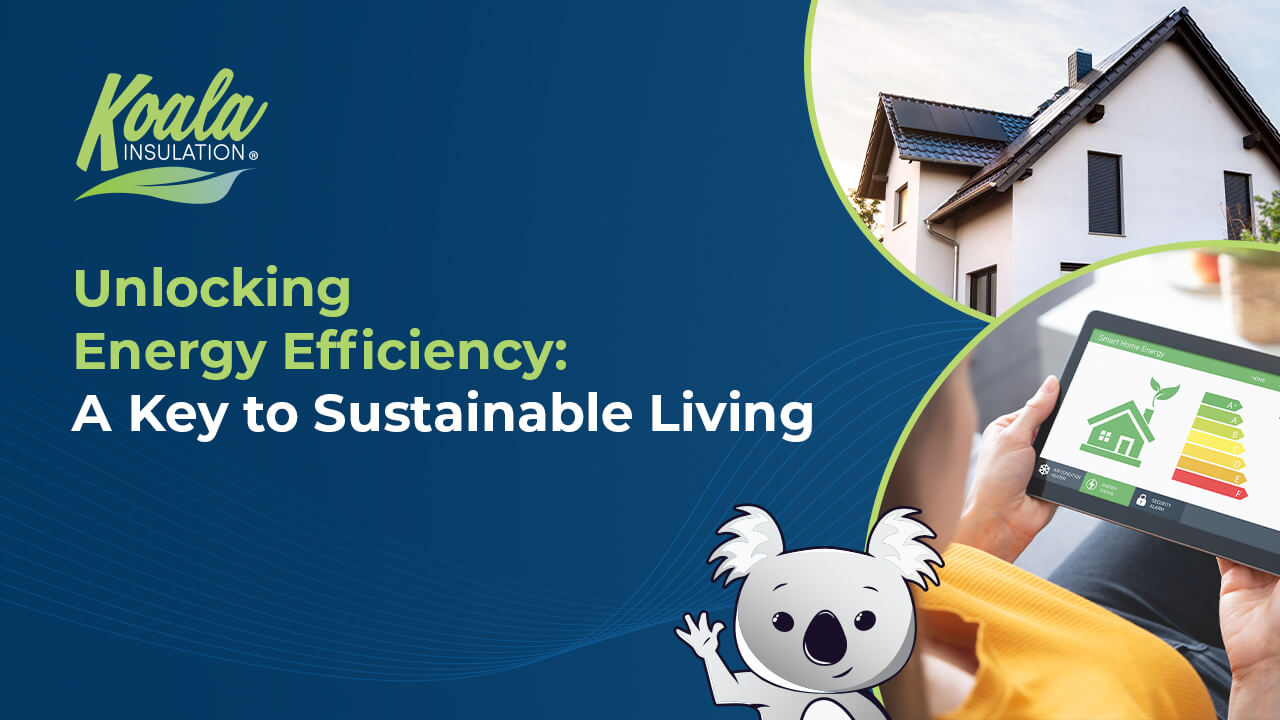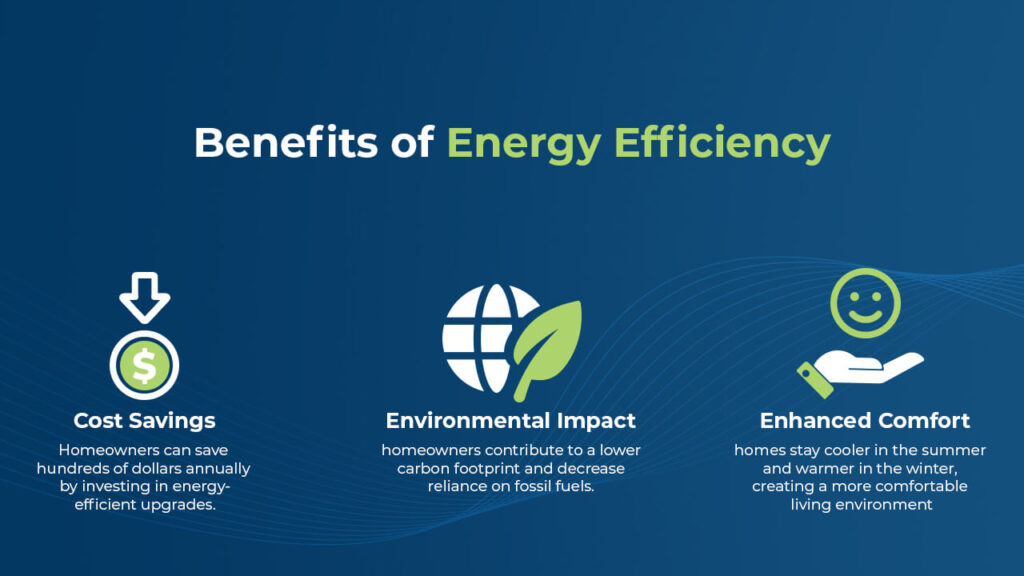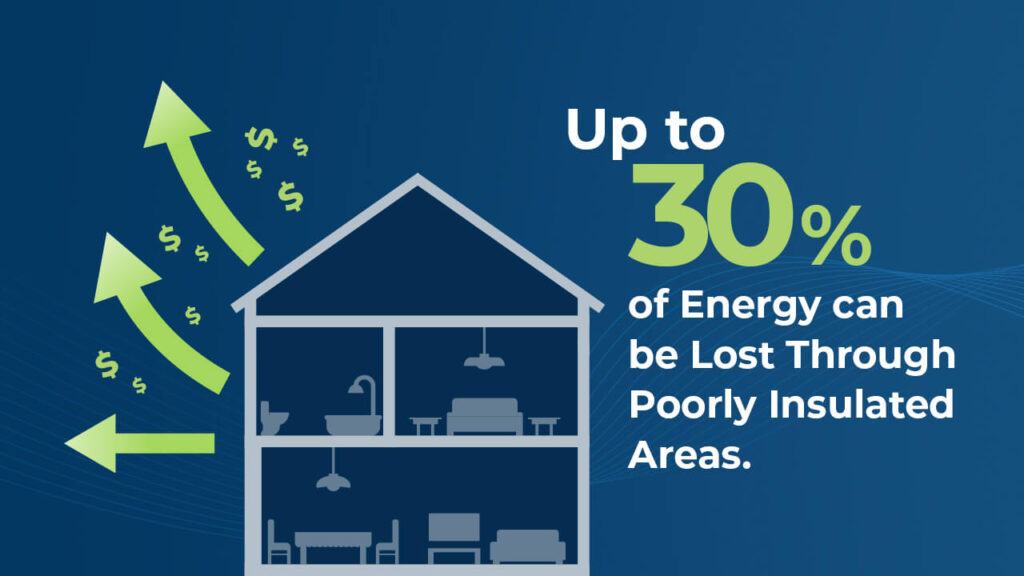
In a world where energy costs continue to rise and environmental concerns grow more pressing, energy efficiency has become a critical focus for homeowners, builders, and industry leaders alike.
As a leader in the insulation industry, Koala Insulation understands that improving energy efficiency not only saves you money but also contributes to a more sustainable future. This article explores the concept of energy efficiency, its benefits, the vital role of insulation, and practical steps homeowners can take to enhance their energy performance.
Rooted in Excellence and Expansion
At its core, energy efficiency refers to using less energy to perform the same task or achieve the same level of comfort. In the context of home energy use, this can mean implementing technologies and practices that reduce the amount of energy needed for heating, cooling, lighting, and operating appliances. Energy efficiency improvements, as noted by the Government of Canada, not only lead to significant savings on utility bills but also foster a healthier environment by reducing waste and lowering carbon emissions 1.
Managed by the Herity Capital Corporation division, our Canadian expansion aims to create energy-efficient homes while reducing environmental footprints.

Benefits of Energy Efficiency
1. Cost Savings
Improved energy efficiency can drastically lower energy bills. Homeowners can save hundreds of dollars annually by investing in energy-efficient upgrades. For instance, upgrading insulation can lead to a 20% reduction in energy costs, equating to savings between $200 and $600 per year for the average Canadian household 2.
2. Environmental Impact
By reducing energy consumption, homeowners contribute to a lower carbon footprint and decrease reliance on fossil fuels. According to Efficiency Canada, a more energy-efficient residential sector can lead to significant reductions in greenhouse gas emissions, helping combat climate change 2.
3. Enhanced Comfort
Proper insulation helps maintain consistent indoor temperatures throughout the year. This means that homes stay cooler in the summer and warmer in the winter, creating a more comfortable living environment while reducing the need for heating and cooling systems to work overtime. The Government of Canada highlights how effective insulation can help homeowners save energy while improving indoor comfort 3.

Role of Insulation
Insulation is a crucial component of energy efficiency as it serves as a barrier against heat loss during the winter and heat gain during the summer. Various types of insulation materials, such as fiberglass, cellulose, and spray foam, offer different levels of effectiveness and suitability depending on the area of the home being insulated. Effective insulation greatly enhances a home’s overall energy efficiency, promoting comfort while resulting in considerable energy savings.
Common Energy-Wasting Areas in Homes
Several areas within a home are commonly associated with energy loss, including:
- Attics: Often poorly insulated, they can lose up to 25% of a home’s heat in winter.
- Basements: Insufficient insulation can lead to cold drafts and energy waste.
- Windows and Doors: Unsealed gaps or single-pane windows can drastically reduce energy efficiency.
Up to 30% of energy can be lost through poorly insulated areas, highlighting the need for effective solutions.4

Energy-Saving Tips for Homeowners
To improve energy efficiency, homeowners can take several practical steps, including:
- Regularly checking and sealing drafts around windows and doors to eliminate leaks.
- Using energy-efficient appliances that consume less energy without sacrificing performance.
- Re-applying and topping up insulation to critical areas: attics, basements, and walls should be properly insulated to ensure maximum efficiency.
- Maintaining HVAC systems through regular check-ups and filter replacements to optimize performance.

Effective Insulation can save you in the long run!
Research continues to shed light on the impact of effective insulation and energy efficiency improvements. According to the Canada Green Buildings Strategy, energy-efficient upgrades in homes can lead to a substantial decrease in energy consumption, thereby translating into financial savings and positive environmental impacts 5.
As we face a future that demands greater sustainability, now is the perfect time for homeowners to assess their own energy efficiency. Consider taking steps to enhance your home.

